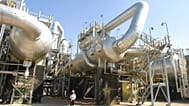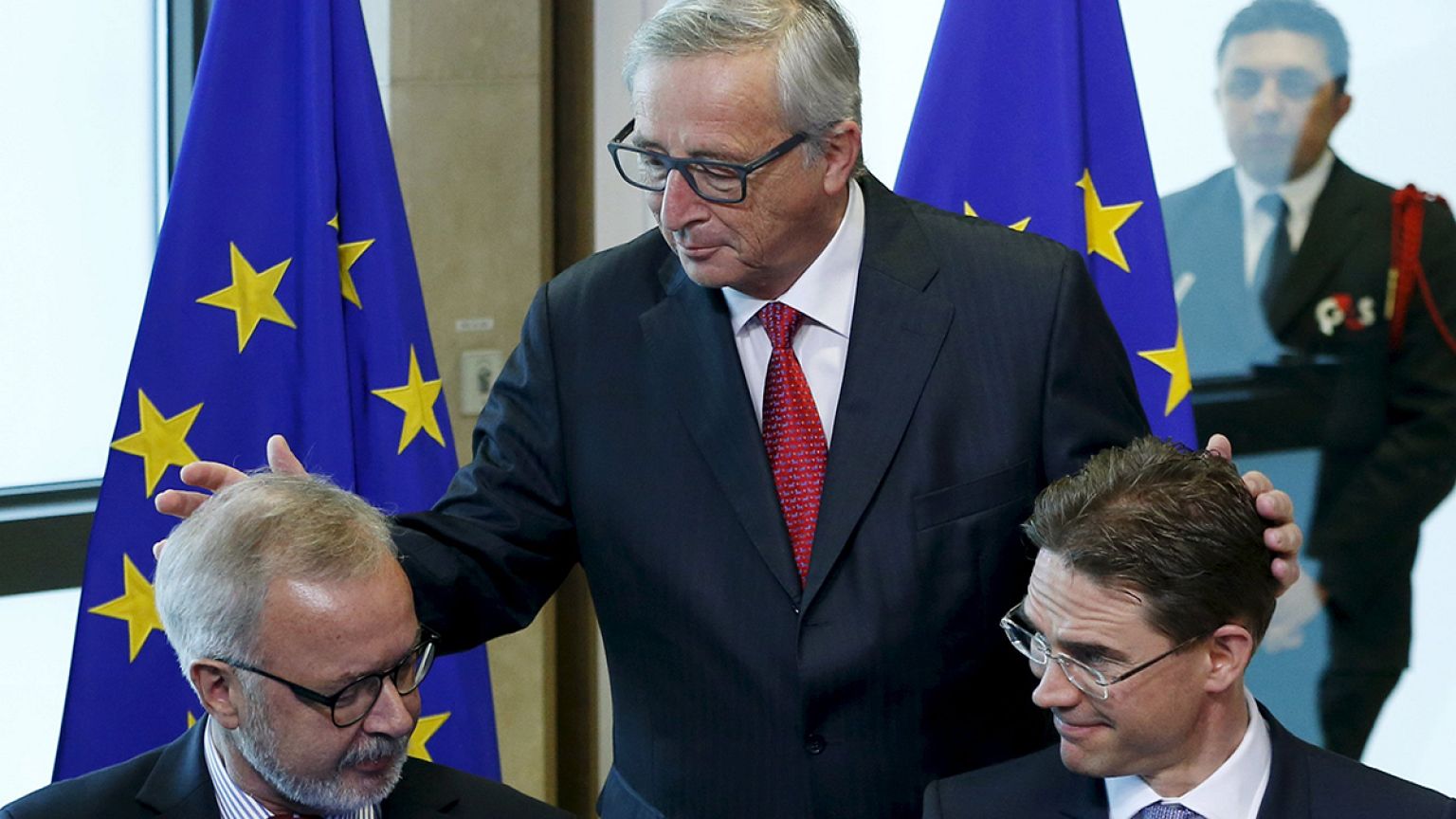The European Commission has finalised an investment plan aimed at kick-starting economic investment across the European Union. Wednesday’s (July 22)
The European Commission has finalised an investment plan aimed at kick-starting economic investment across the European Union.
Wednesday’s (July 22) deal, which is part of President Jean-Claude Juncker’s Investment Plan for Europe, ensures that the European Fund for Strategic Investments (EFSI) will be operational by early autumn.
“We need an investment plan like the one we are now presenting because there is a real breakdown of investment in the European Union, in all the member states,”
said Juncker; at a press conference in Brussels following the signing of the investment plan.
“For example, private investment in Germany fell by 52 percent between 1991-2013.”
The EFSI will be set up within the European Investment Bank (EIB) and aims to mobilise €315 billion in private and public investment.
Nine member states have already contributed to the fund and more are expected to follow.
The EFSI will focus on small- and medium-sized enterprises and on job-creation, long-term growth and competitiveness.
Projects pre-financed by the EIB will be guaranteed by the new fund, something EIB President Werner Hoyer said is key in attracting greater private investment.
“I think the major investment gap and huge innovation gap in Europe are due to the fact that we are spending too little on research and development and education,” he told reporters on Wednesday. “We can only tackle this problem if we mobilise private money. The trick applied in this matter is that we are able to mobilise private money – because if a project is approved by the EIB, then private investors will get interested.”
Target areas include infrastructure, education, research, innovation, renewable energy and energy efficiency.
Since 2007, investment has dropped by around 15 percent across the EU.















